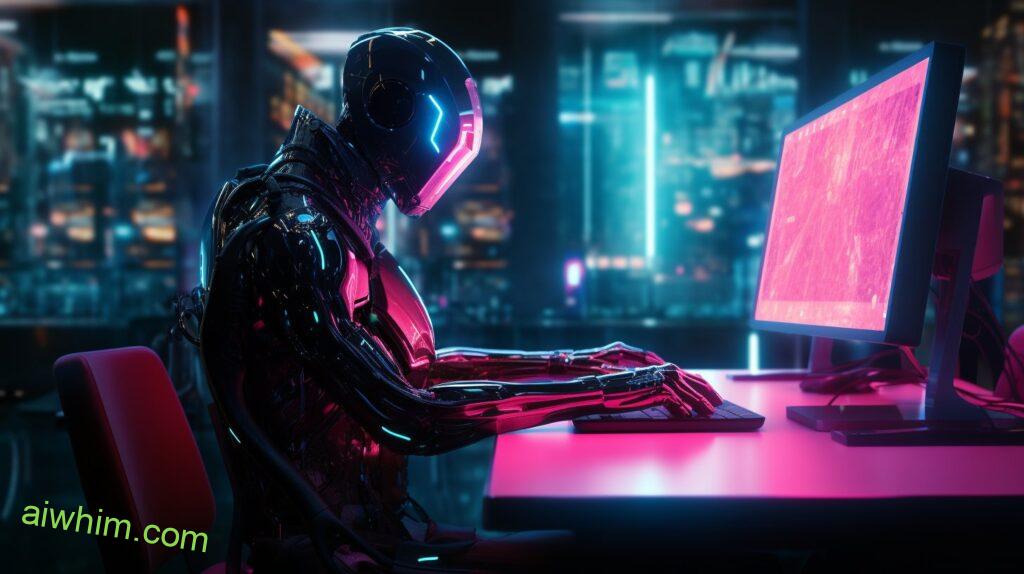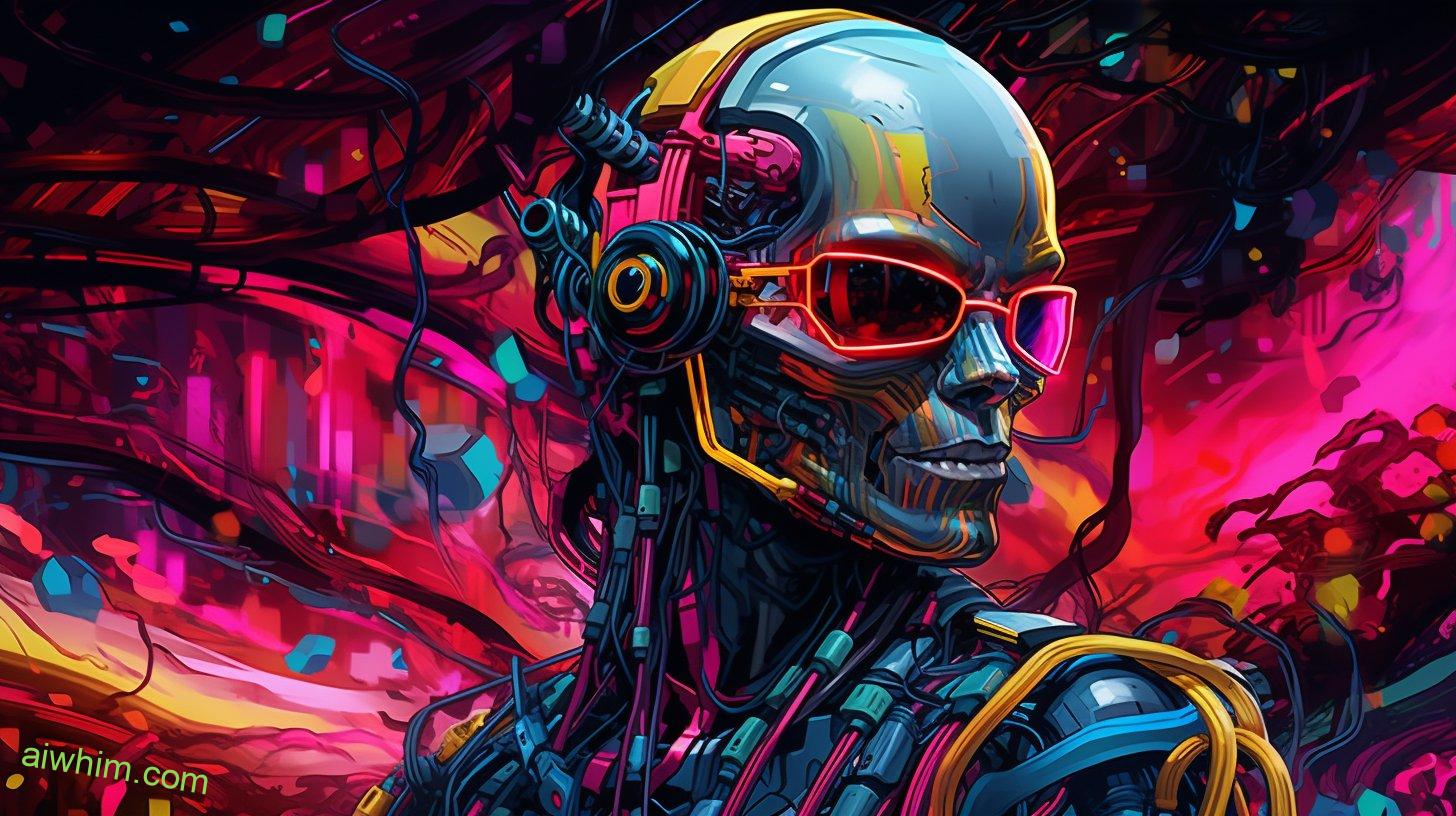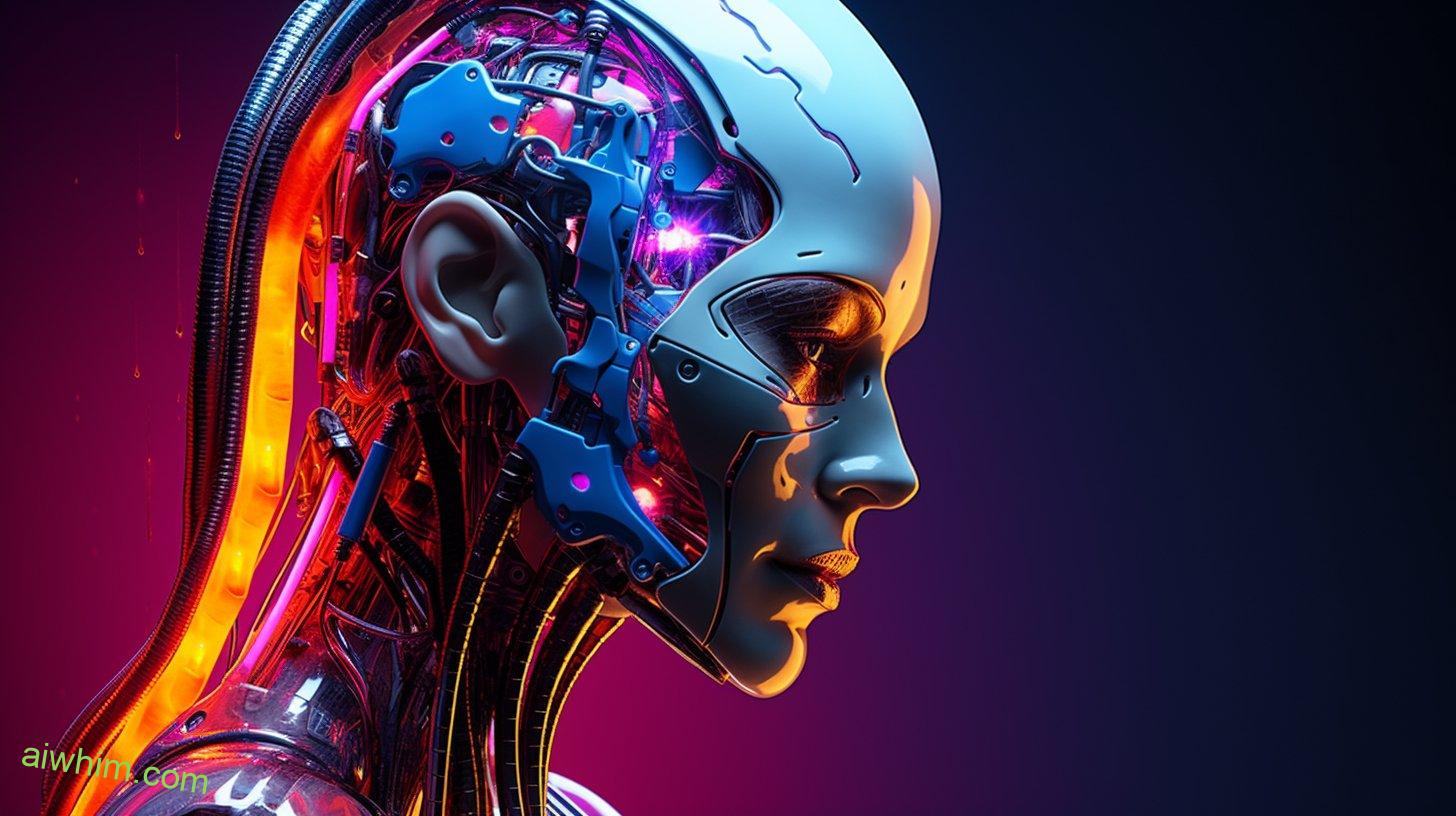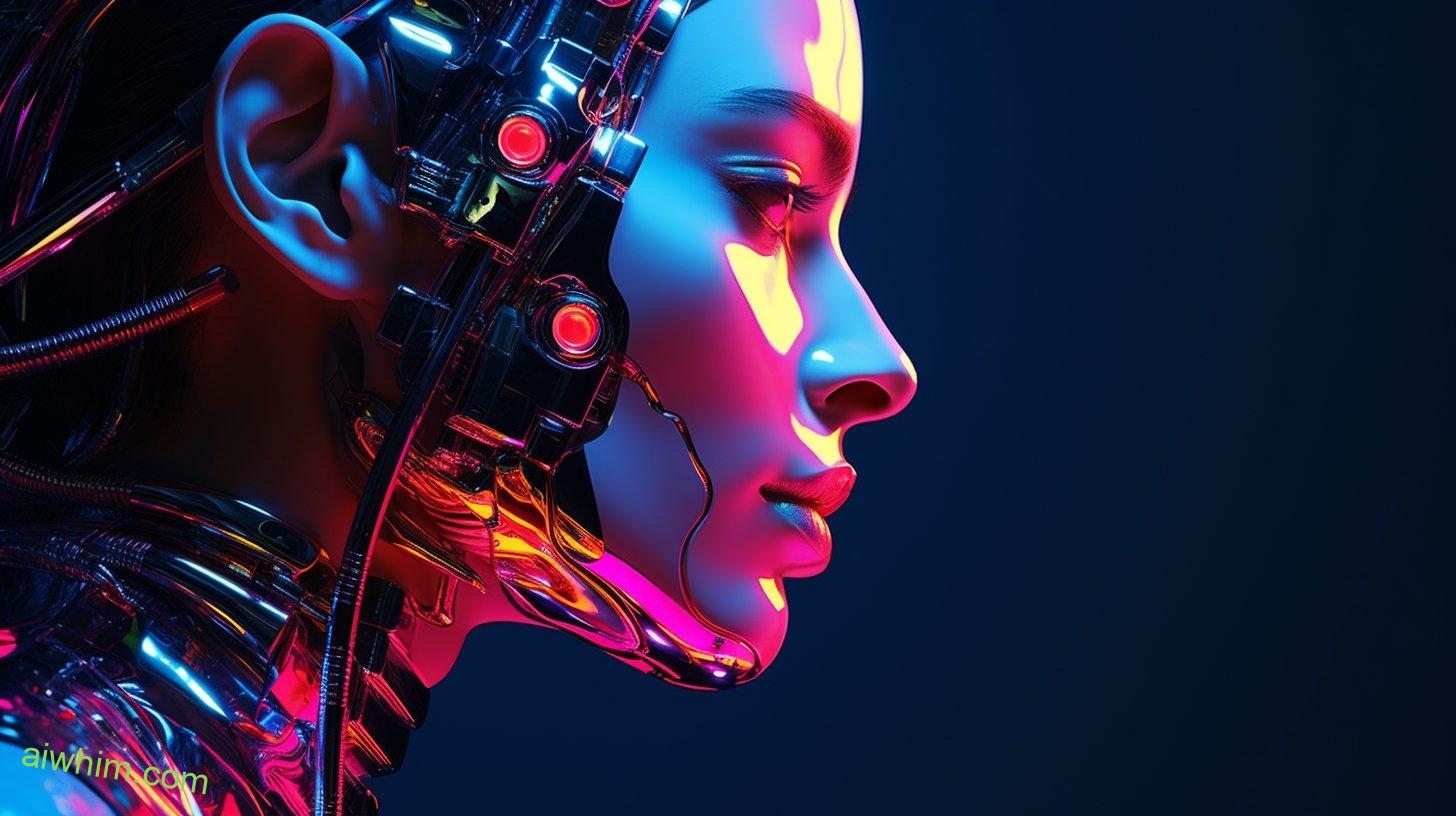Are you ready to explore the brave new world of poetry? Prepare to be amazed as AI revolutionizes the landscape, pushing the boundaries of creativity like never before. With AI-generated poetry on the rise, the traditional art form is undergoing a profound transformation.
But as we delve deeper into this realm, ethical concerns arise. Is this new wave of poetry authentic? Join us as we navigate the ever-changing landscape and ponder the future of poetry in a world with AI.
Key Takeaways
- AI can enhance the learning and creative process for poets by providing inspiration, suggestions, and access to vast literary resources.
- AI-generated poetry challenges traditional notions of creativity and pushes the boundaries of the art form, sparking dialogue and reevaluation within the literary community.
- There are ethical concerns regarding AI-generated poetry, including issues of originality, plagiarism, and the question of who should be credited as the true creator.
- The future of AI in poetry holds potential for growth, innovation, and collaboration between AI and poets, while also emphasizing the irreplaceable value of human creativity in art.
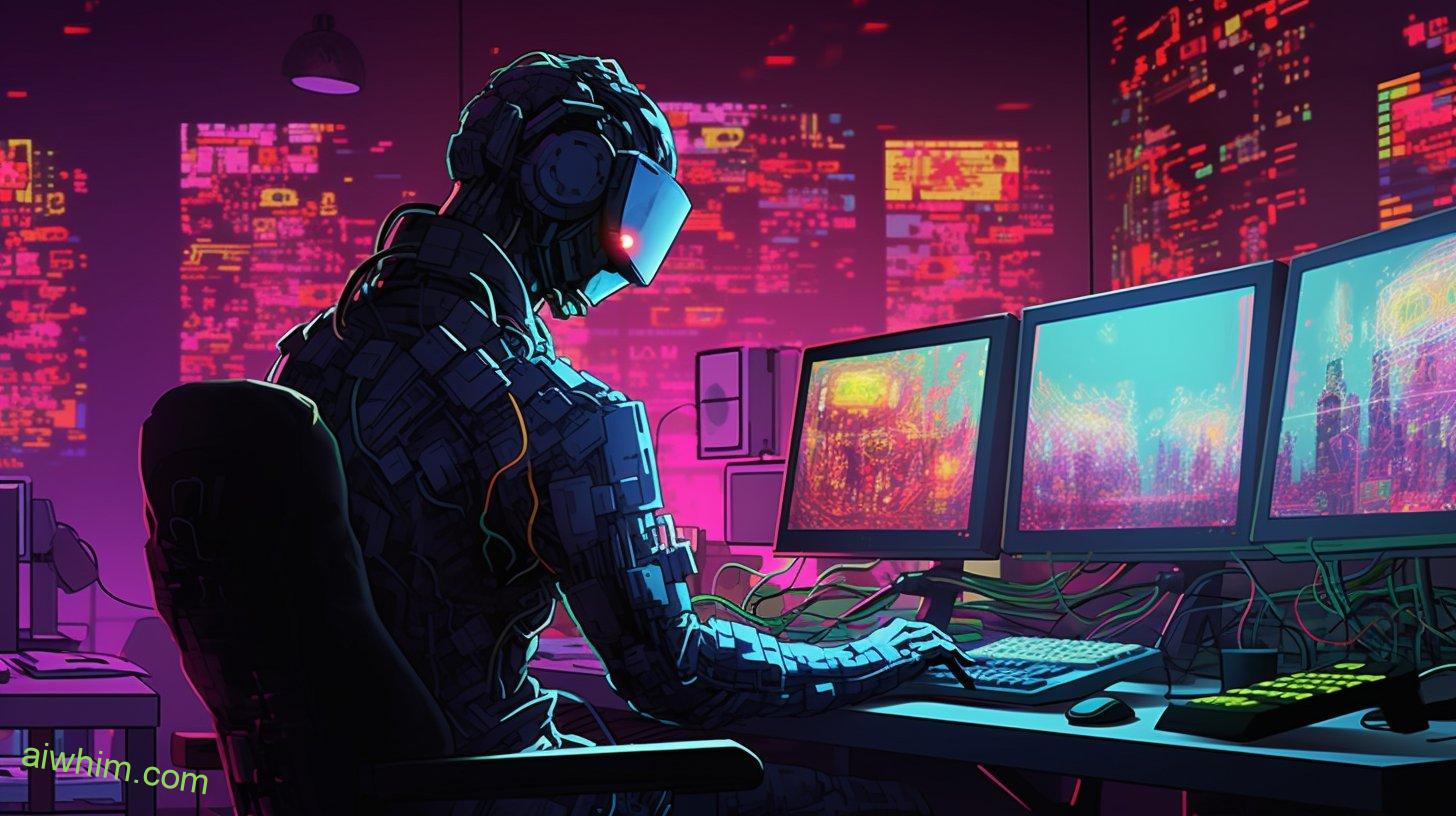
The Role of AI in Poetic Creation
Are you interested in exploring the potential of AI in transforming the process of poetic creation? With the rapid advancements in technology, AI has started to play a significant role in various fields, including education and creativity. When it comes to poetry, some might argue that the essence of human emotion and creativity can’t be replicated by machines. However, AI is proving to be a valuable tool that can enhance and inspire poets in unprecedented ways.
One of the key roles AI can play in education is assisting students in learning poetic techniques and forms. AI-powered platforms can provide personalized feedback, helping students refine their writing skills and understand the nuances of poetic expression. By analyzing vast amounts of poetry, AI algorithms can identify patterns and offer suggestions to improve the flow, rhythm, and imagery in a poem. This kind of guidance can be invaluable in nurturing the next generation of poets.
Moreover, AI’s impact on creativity extends beyond education. AI algorithms can generate poetry themselves, acting as a source of inspiration for poets. By analyzing existing poems and understanding the different elements that make them powerful, AI can create new and unique pieces that push the boundaries of poetic expression. This collaboration between AI and human poets opens up new possibilities, allowing for the exploration of unconventional styles and themes.
However, it’s crucial to remember that AI shouldn’t replace human creativity but rather complement it. The human touch, the depth of emotions, and the personal experiences that poets bring to their work can’t be replicated by AI. Instead, AI can act as a tool, a muse, providing poets with new perspectives and ideas.
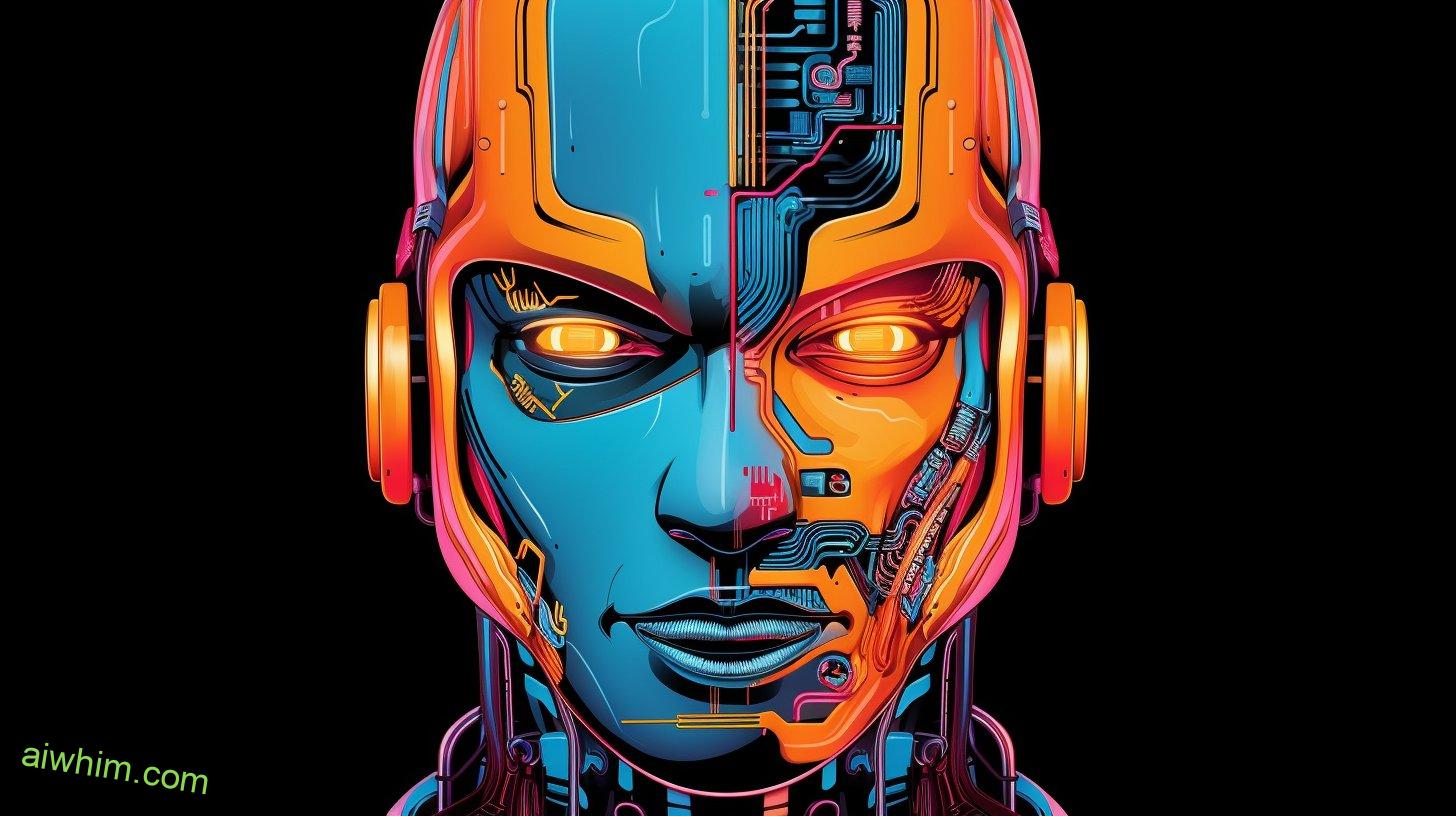
AI-Generated Poetry: Revolutionizing the Art Form
You can witness the revolutionizing impact of AI-generated poetry on the art form, as it pushes boundaries and challenges traditional notions of creativity. AI, with its immense creative potential, has become a source of inspiration for human poets. The ability of machines to generate poetry has opened up new avenues for exploration, allowing poets to delve into uncharted territories and explore the depths of their own imagination.
AI-generated poetry has garnered attention and sparked conversations in the literary community. The reception of this form of poetry has been mixed, with some embracing it as a fresh and innovative addition to the art form, while others question its authenticity and artistic merit. However, what can’t be denied is the impact it has had on the way we perceive and engage with poetry.
The presence of AI-generated poetry has forced human poets to reevaluate their own creative process and challenge their own preconceived notions of what constitutes as ‘true’ art. It has ignited a dialogue about the nature of creativity itself and the role that technology plays in shaping our artistic expressions.
Furthermore, the audience reception of AI-generated poetry has been intriguing. Some readers are drawn to the unique perspectives and unexpected combinations of words and ideas that AI-generated poems offer. Others find beauty in the fusion of human and machine creativity, seeing it as a testament to the limitless possibilities of artistic collaboration.
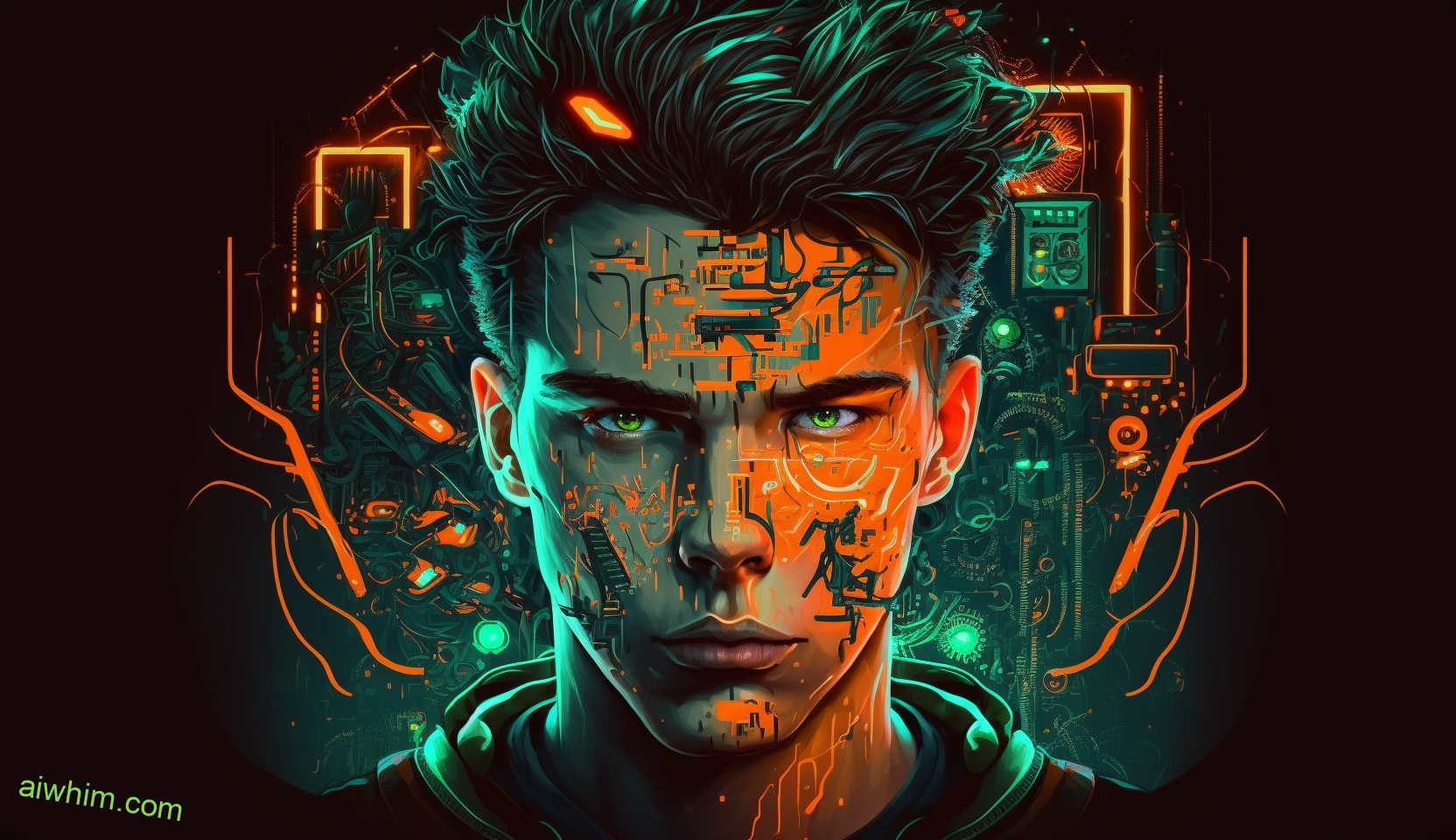
Ethical Concerns: AI and the Authenticity of Poetry
With AI’s ability to generate poetry, you must consider the ethical concerns surrounding the authenticity of these AI-generated works. As a lover of freedom and expression, it’s important for you to question the impact of artificial intelligence on the world of poetry. While AI-generated poetry may seem impressive, it raises the issue of plagiarism and the lack of emotional depth in these creations.
One of the primary concerns when it comes to AI-generated poetry is the question of originality and plagiarism. Poetry has always been a deeply personal and unique form of self-expression. It’s a way for individuals to share their innermost thoughts and emotions with the world. However, when AI is capable of producing poetry that’s often indistinguishable from human-generated works, it raises the question of who should be credited as the true creator. Are these AI-generated poems truly original, or are they simply imitations of existing works? This ethical dilemma challenges the very essence of artistic integrity.
Another aspect to consider is the emotional depth present in AI-generated poetry. Poetry has the power to evoke strong emotions in its readers, touching their souls and connecting them to the human experience. However, AI lacks the ability to truly understand and experience emotions. While it can replicate the structure and style of poetry, it often falls short when it comes to capturing the raw and authentic emotions that make poetry so powerful.
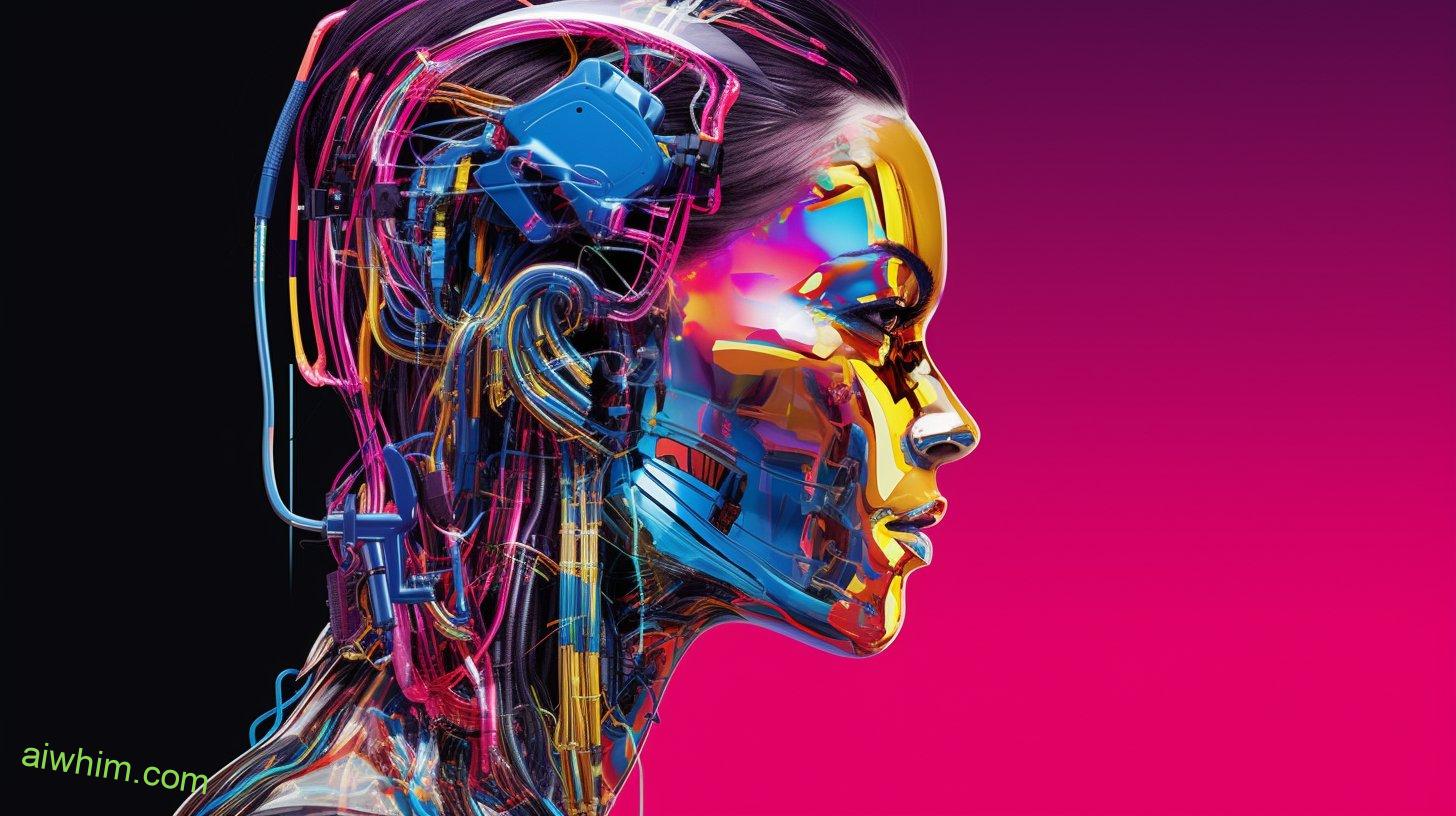
Exploring the Boundaries: Human Collaboration With AI in Poetry
Let’s delve into the possibilities of human collaboration with AI in poetry, expanding the boundaries of creativity. With the rise of artificial intelligence (AI), poets now have a unique opportunity to enhance their creativity and unleash their imagination in ways never thought possible before. Here are some exciting aspects to consider:
- Enhancing creativity: AI’s impact on poetic inspiration
AI can analyze vast amounts of data, including poems, literature, and even social media posts, providing poets with a wealth of inspiration and new ideas. Through machine learning algorithms, AI can identify patterns, themes, and emotions, helping poets tap into new realms of creativity and expression. - Unleashing imagination: AI’s role in pushing poetic boundaries
AI can generate and suggest lines, phrases, or even complete poems based on predefined parameters or existing works, acting as a collaborative partner for poets. By challenging traditional notions of poetry, AI can encourage poets to explore unconventional styles, experiment with new structures, and break free from creative constraints.
By collaborating with AI, poets can stretch their artistic boundaries and create poetry that transcends previous limitations. The fusion of human intuition and AI’s analytical capabilities offers a powerful combination that can spark innovative ideas, provoke thought-provoking discussions, and inspire new forms of poetic expression.
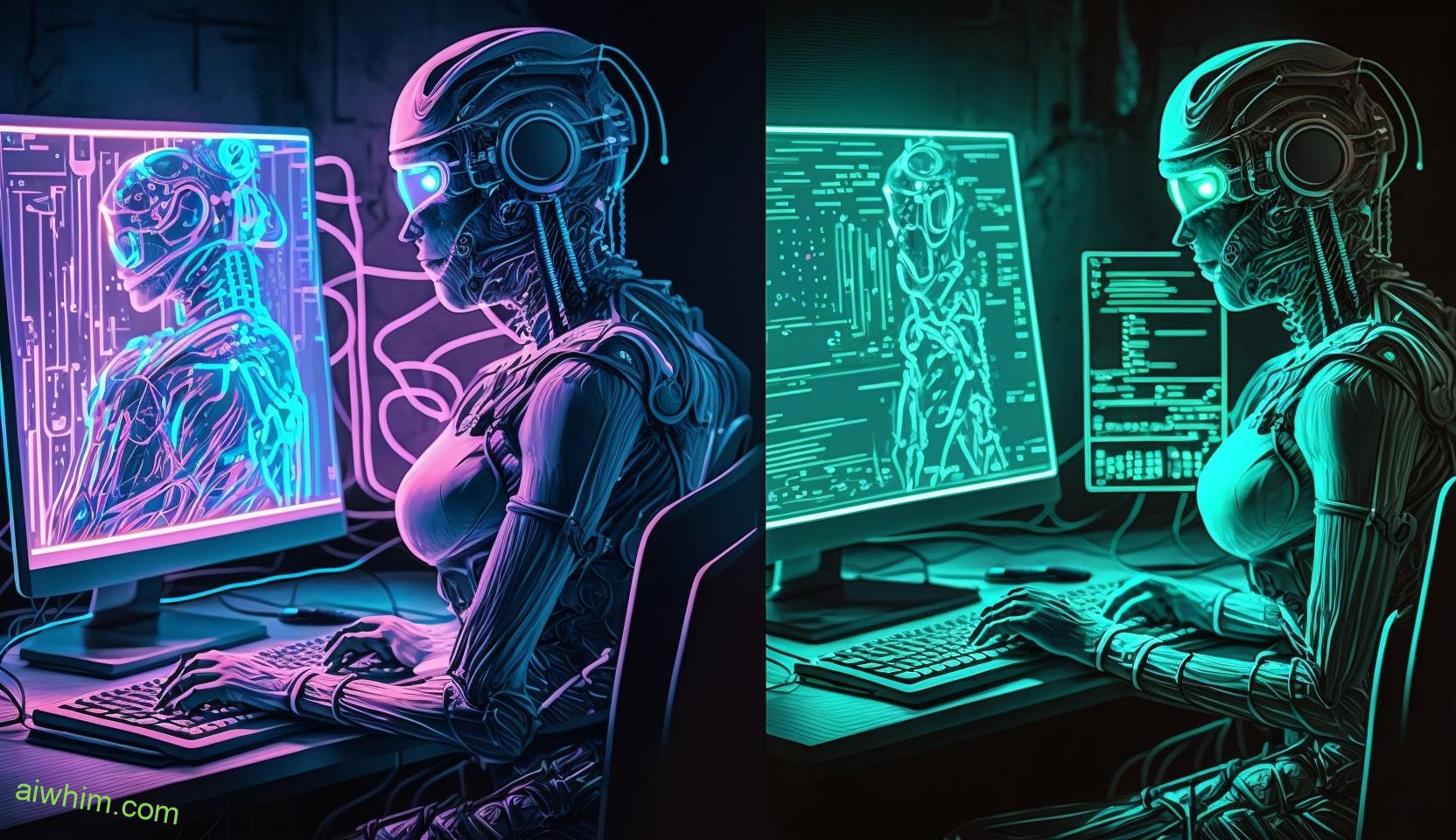
The Future of Poetry: Adapting to a World With AI
Embrace the transformative power of AI, as poetry evolves to thrive in a world driven by technological advancements. In this age of machine learning algorithms and AI in literary analysis, the future of poetry is being redefined. As a poet, you may have concerns about how artificial intelligence will impact your craft, but fear not, for there’s tremendous potential for growth and innovation.
AI can act as a tool for inspiration, helping you break free from creative blocks and explore new avenues of expression. By analyzing vast amounts of poetry, machine learning algorithms can uncover patterns and structures that you may have never considered. This newfound knowledge can fuel your imagination, inspiring you to experiment with different styles and techniques.
Furthermore, AI can enhance your ability to connect with your audience. Through sentiment analysis, AI can gauge the emotional impact of your poems, enabling you to refine your work and create a more profound impact. Additionally, AI can assist in translating your poetry into different languages, allowing you to reach a broader global audience.
While some may argue that AI threatens the authenticity of poetry, it’s important to remember that the essence of poetry lies in the human experience. AI can never replicate the depth of emotions and personal perspectives that poets bring to their work. Instead, it can be seen as a tool that complements and amplifies your creative process.
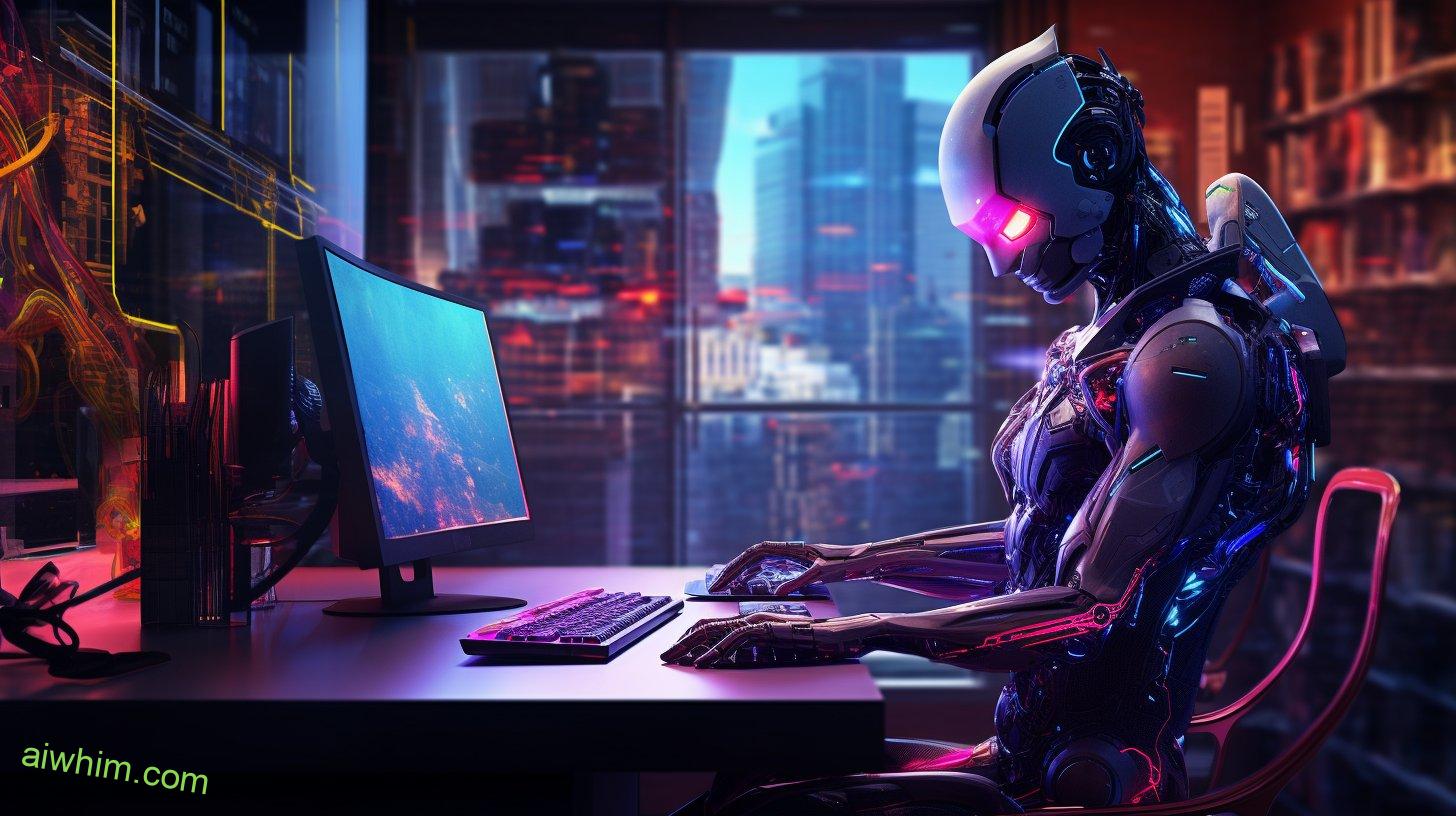
Frequently Asked Questions
How Does AI Technology Contribute to the Creation of Poetry?
AI technology contributes to poetry by generating new ideas and techniques, enhancing creativity. It can be seen as a creative partnership, pushing the boundaries of artistry. However, some argue it devalues human artistry and threatens traditional poetry.
What Are the Potential Effects of AI-Generated Poetry on the Traditional Art Form?
The potential impact of AI-generated poetry on the traditional art form is an artistic evolution. It can challenge traditional notions of creativity and expand the boundaries of what is considered poetry.
Are There Any Ethical Concerns Surrounding the Authenticity of AI-Generated Poetry?
Ethical concerns arise when questioning the authenticity of AI-generated poetry. Is it genuine expression or just clever algorithms? Like a talented mimic, AI can imitate, but lacks the human essence.
How Can Human Collaboration With AI in Poetry Push the Boundaries of Creative Expression?
Collaborative experimentation with AI in poetry allows you to push the boundaries of creative expression. By combining human imagination and AI’s innovative capabilities, you can create new forms of art that redefine what it means to be a poet.
In What Ways Can the Future of Poetry Adapt to the Presence of AI in Our World?
In the future, your poetry can adapt to AI by embracing collaborative creativity and redefining poetic voices. With AI, you have the freedom to push boundaries and explore new realms of creative expression.
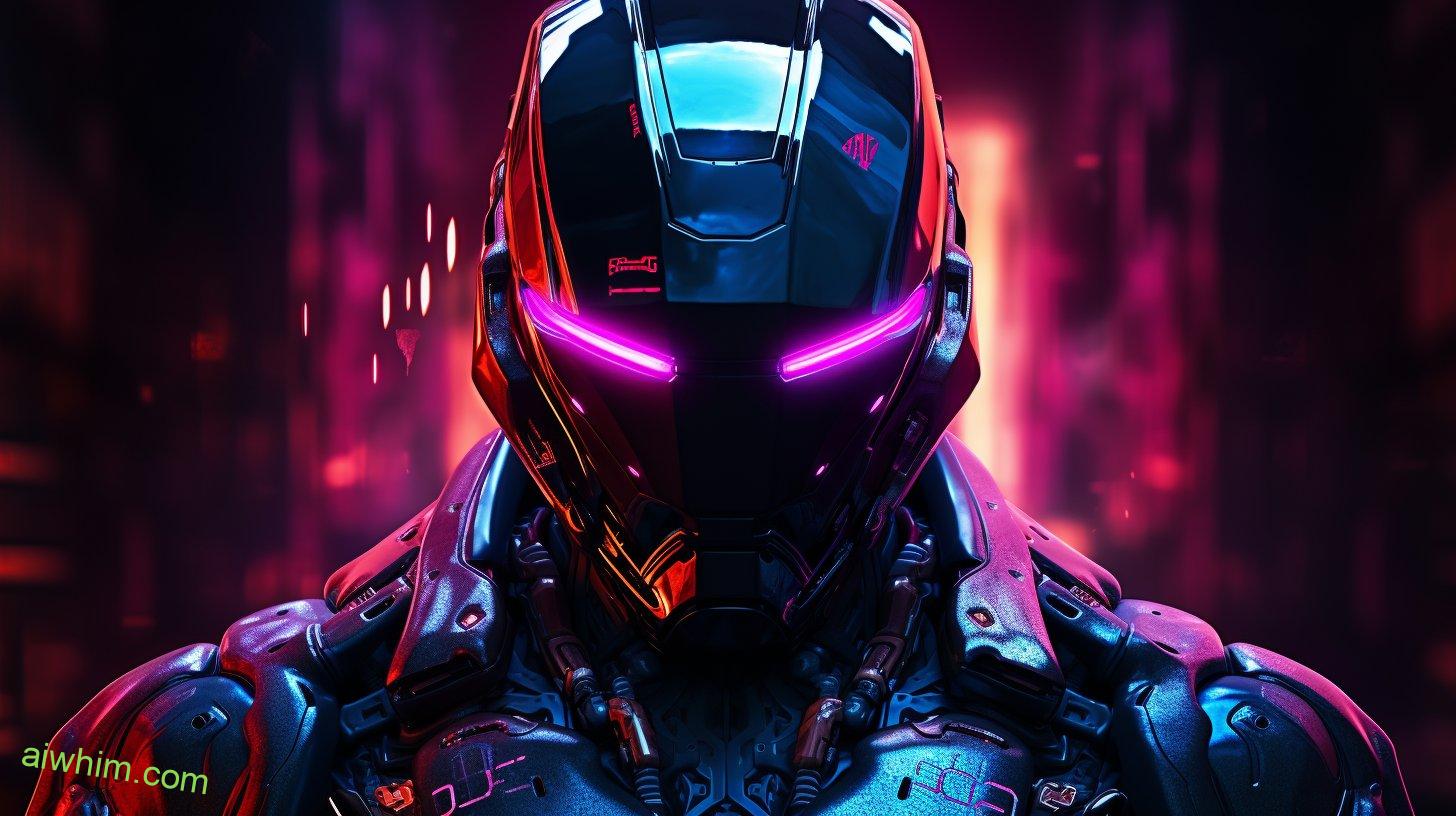
Conclusion
So, who’d have thought that AI would become the muse for poets? As the landscape of poetry changes, it’s clear that AI has revolutionized the art form.
But with this transformation, ethical concerns arise, questioning the authenticity of AI-generated poetry. However, by exploring the boundaries and collaborating with AI, poets can adapt to this new world.
So, embrace the irony and let AI inspire your poetic journey, for the future of poetry is undoubtedly intertwined with AI.

